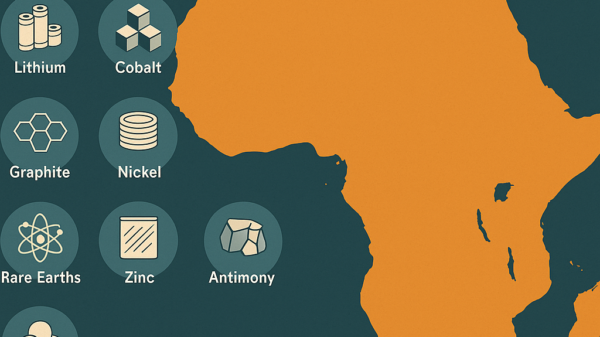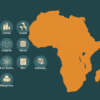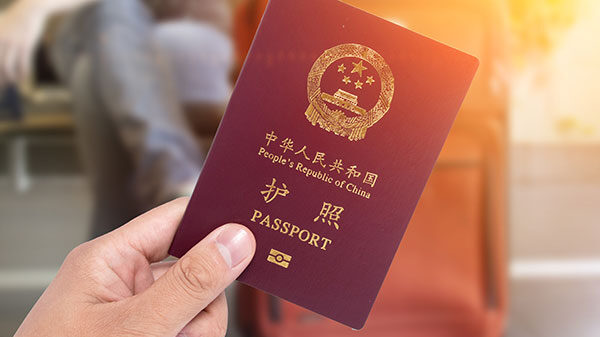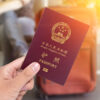Engaging in a fairly well-recognized precedent, the federal government has restricted Chinese artificial intelligence company DeepSeek’s chatbot from its mobile devices, and is recommending other agencies and departments do the same.
Dominic Rochon, the Treasury Board Secretariat’s chief information officer, detailed the moves in a Thursday memo, indicating that this was intended at ensuring “networks and data remain secure and protected.”
“Due to serious privacy concerns associated with the inappropriate collection and retention of sensitive personal information, and as a precautionary measure to protect government networks and data, it is recommended that departments and agencies restrict the use of the DeepSeek chatbot on government devices,” he wrote in the letter.
Shared Services Canada has already applied the restriction to mobile devices it manages while delivering digital services to government organizations, according to Rochon’s note. He also recommends that other departments and agencies follow suit as a precaution. DeepSeek did not immediately respond to a request for comment.
Australia has already banned the company’s chatbot from government phones, and the U.S. House of Representatives is considering similar legislation. The push to ban DeepSeek’s product has gained momentum quickly.
The chatbot launched on popular app stores last month. It generated buzz for being less energy-intensive and more affordable than rival offerings.
However, security experts warn that it collects user information, including names, emails, telephone numbers, dates of birth, text or audio inputs, prompts, uploaded files, feedback, and chat histories.
Read more: Indian AI startup ‘Krutrim’ gets US$230M investment; plans supercomputer build with Nvidia
Read more: OpenAI researcher calls it quits, says he’s ‘terrified’ of artificial intelligence
Chinese technologies pose intelligence concerns
DeepSeek also gathers device and network connection details, such as the user’s phone or computer model, keystroke patterns, payment information, and usage data. This data collection raises concerns because Chinese national security laws require organizations in the country to assist with intelligence gathering.
Tiktok’s algorithm and its parent company, Bytedance Ltd, connections to the Chinese Communist Party have arisen concerns regarding data privacy.
In 2020, President Donald Trump sought to ban TikTok in the United States. He originally cited national security concerns over its Chinese ownership.
He issued executive orders to restrict the app unless its parent company, ByteDance, divested its U.S. operations.
In 2024, congress passed the Protecting Americans from Foreign Adversary Controlled Applications Act. This bill established a deadline for TikTok to either find itself a buyer or be banned. ByteDance did not comply, leading to TikTok’s suspension in the U.S. on January 18, 2025.
Upon his return to office, President Trump signed an executive order delaying the ban’s enforcement by 75 days, allowing negotiations to address national security concerns. As of early February 2025, TikTok remains operational in the U.S., but its app is unavailable on major app stores.
.
joseph@mugglehead.com













